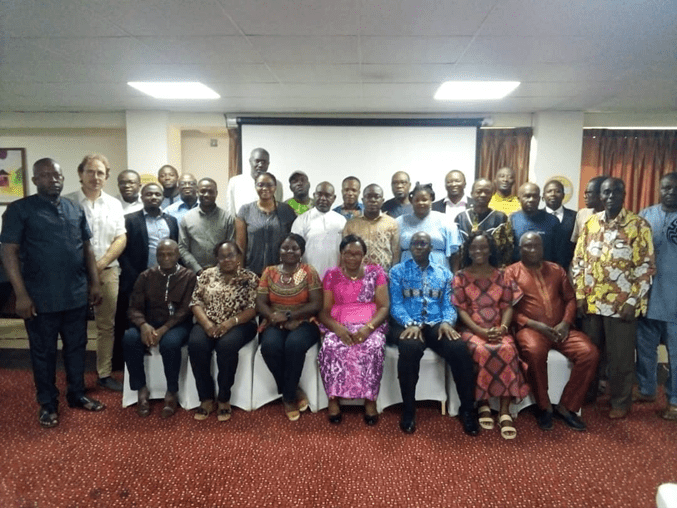The Fisheries Committee for the West Central Gulf of Guinea (FCWC) and the Ecosystem Approach to Fisheries (EAF) Nansen Programme of the United Nations Food and Agriculture Organisation (FAO) have trained participants from FCWC member-countries on the use of EAF implementing tools.
The regional workshop was organised to highlight the importance of using the EAF Implementation Monitoring Tool (IMT). Participants were drawn from Nigeria, Benin, Togo, Ghana, Cote d’Ivoire and Liberia.
The workshop, which focused on promoting the use of EAF IMT as a tool for fisheries management, is in line with the EAF-Nansen’s 2023 Programme’s work plan.
The training’s specific objectives were to present the EAF and train participants on their use; score the priority fisheries of participating countries; evaluate the EAF management baseline of priority fisheries; and identify gaps and needs for EAF management at the national and regional levels.
The fisheries Management Advisor at FCWC, Abena Serwaa Asante, speaking on the importance of the tool to participating countries mentioned that it will help measure the work done, and what needs to be done.
Ms. Asante added that the coming together of selected stakeholders from the various countries’ fisheries departments is also an opportunity to share ideas on how managing fisheries is done in their respective countries. This, she said, will help increase knowledge about the work.
“The training is to help all member-countries in the sub-region be able to get a baseline and reference points. This is where I am, this is what I have – and then you can see where there is need for improvement,” he said.
The EAF-Nansen Programme of the FAO aims to support regional and country-specific efforts to reduce poverty, improve food and nutrition security, and achieve sustainable fisheries management systems.
These aims are in harmony with the FCWC’s 2021-2030 strategic action plan and the FCWC 2023 theme of the year: Supporting effective fisheries management for a sustainable blue economy.










